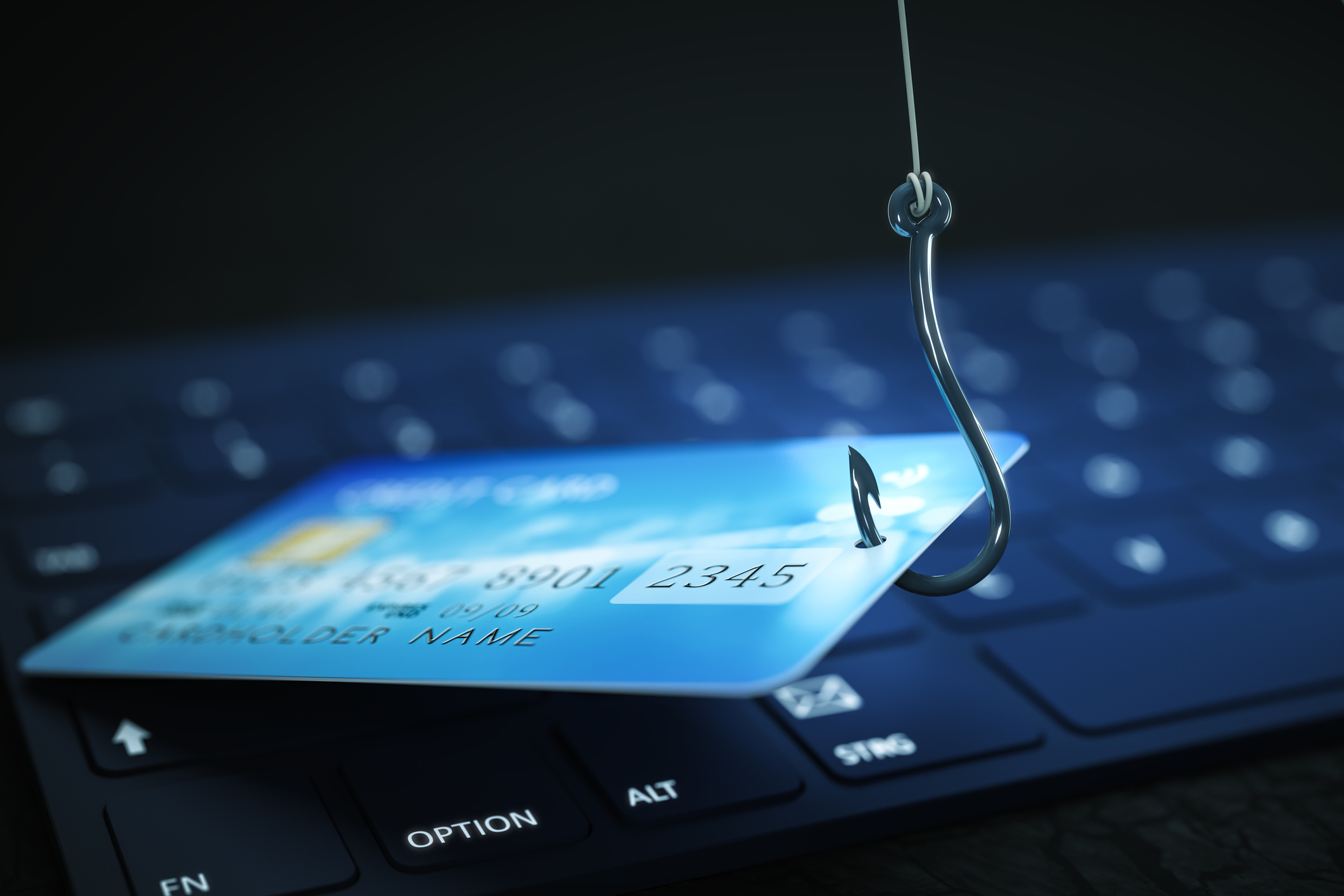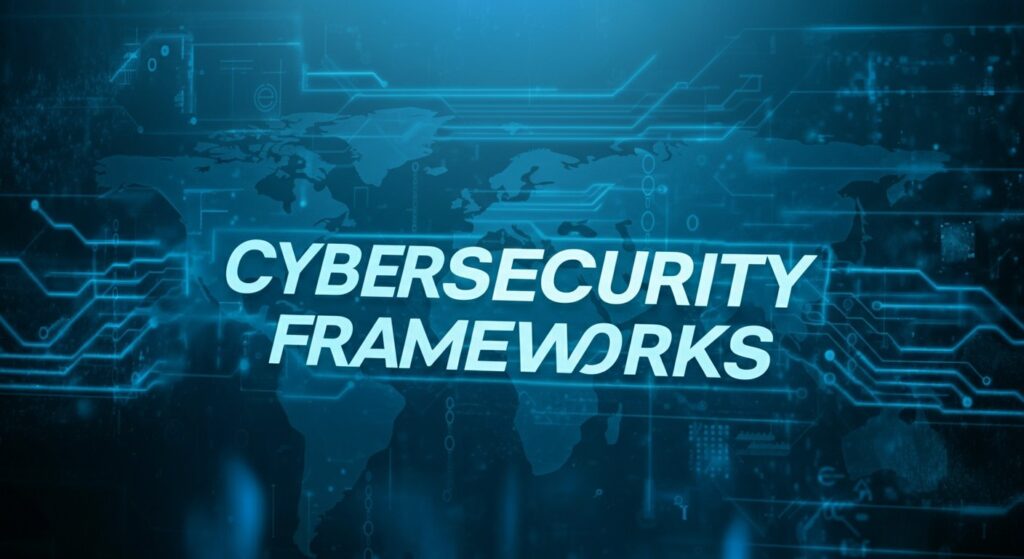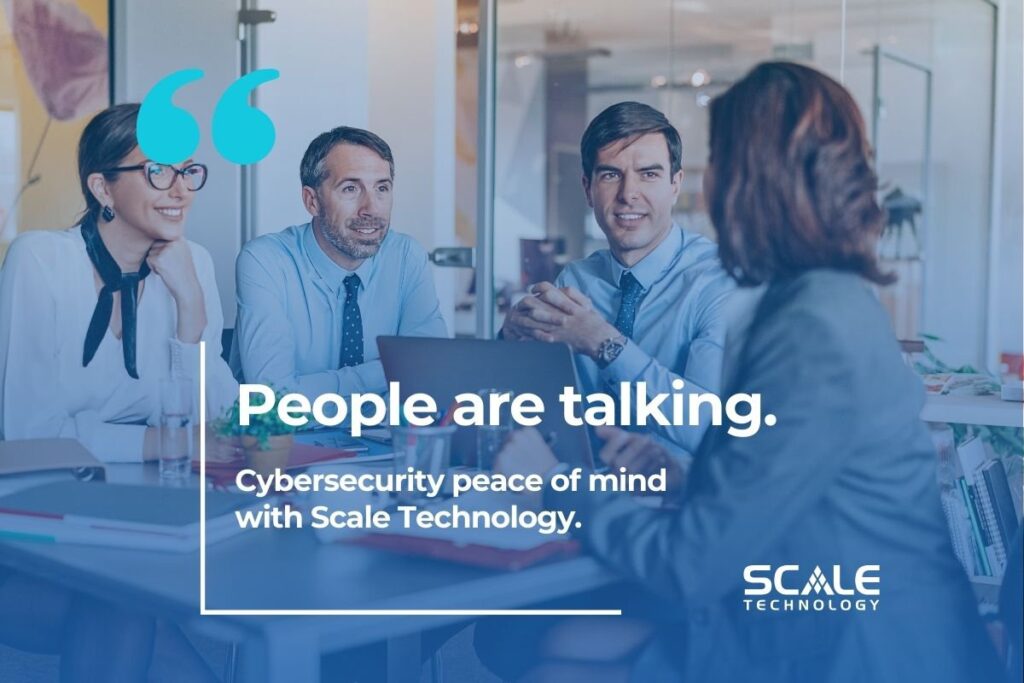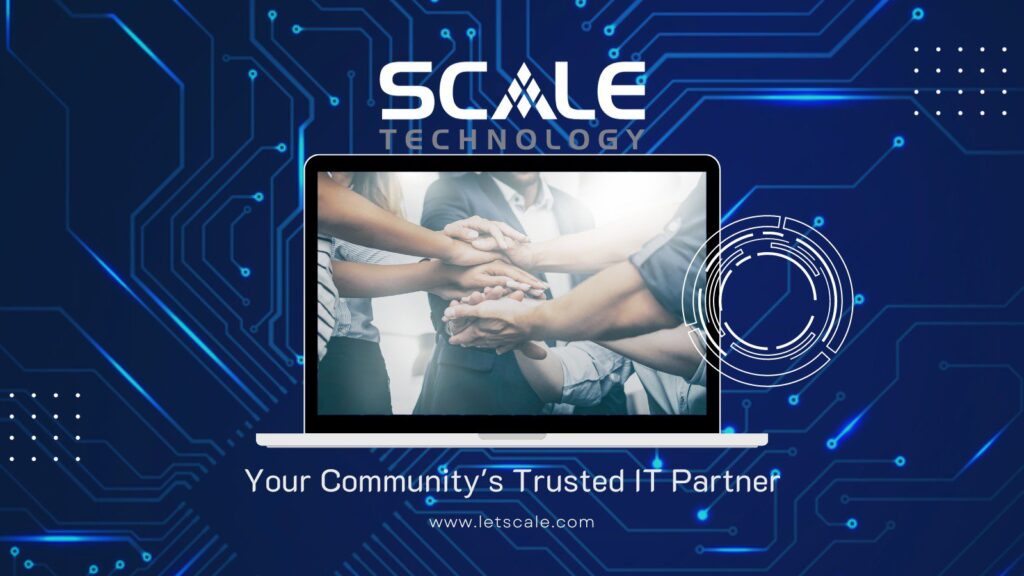Taking advantage of weak hospital data security systems, cybercriminals continue to use phishing scams to target and then steal passwords and Social Security numbers for malicious use. This makes unstable IT structures particularly hazardous to your patient data, a liability you can’t afford. Here are 7 reasons why you should warn your patients about phishing scams with the aim of how to increase data security.
What is phishing?
Phishing is the act of stealing login credentials and other sensitive information through tricks. Relying on patient vulnerability, cybercriminals often pose as trusted friends or concerned parties on social media platforms and lure unsuspecting patients into giving them private data.
7 reasons why you should warn your patients about phishing scams
1. It improves patient and hospital security.
Computing technologies in healthcare are meant to improve service delivery to patients. To achieve this, hospitals typically use interactive software and applications to stay connected to their patients.
To ensure the patients aren’t victims of phishing attacks, it’s important to warn them about phishing scams and how to recognize them. Your hospital should also observe best practices in healthcare security to ensure scammers don’t steal the data from your end.
2. It prevents brand impersonation.
Phishing scammers often take advantage of weaknesses in your hospital data security system to steal sensitive information about patients. The scammers use the information about your patient, and impersonate you or another healthcare provider to extort money from the patient.
Reinforce your hospital’s security practices by warning your patients against falling victims of phishing. This will not only protect them from impersonators but will also improve your electronic health record (EHR) security.
3. It saves your patients from misinformation.
Patients value your word. Cybercriminals can take advantage of this trust to send wrong messages to your patients. Warning your patients against phishing scams will, therefore, protect them from misinformation or malicious advice.
4. It protects patients from cyberbullies.
Data theft and malicious use of hospital records were marked as one of the major healthcare IT challenges of 2019. Even with the best EHR security, cybercriminals can still access them through phishing. The records can be used to bully your patients, further highlighting the importance of being proactive and warning your patients against the possibility of phishing.
5. It protects your hospital’s computer networks.
Phishing scammers continue to find new ways of attacking hospital computer networks. If your hospital’s EHR security is intact, the scammers will use your patient’s accounts to reach your hospital. Once they gain access to the network, they can install ransomware, which can be used to shut down the network.
6. It can mitigate liabilities in a lawsuit.
Healthcare records can form the basis of litigation if the wrong person accesses them. Cyberbullies use phished data to lodge personal attacks against your patients, which may lead to lawsuits against you or the hospital for poor data security.
As a healthcare provider, you’re the primary keeper of patient data, and as such, you should protect it at all costs. Since phishing can take advantage of lapses from any endpoint, it’s crucial to warn your patient about phishing scams.
7. It can ensure HIPAA compliance.
Protecting patient data is a matter of HIPAA compliance. If your patients already know how to spot the signs of phishing, the risk reduces greatly, making you more compliant in the process.
How to increase data security
The advantages of computing technologies in healthcare override the risks involved in their use. As a medical professional, you can still use the internet to improve service delivery and patient outcomes without worrying about losing the data to criminals.
Aside from warning your patients on the very real possibility of phishing, having strong computer passwords is an excellent start in increasing data security. These securities, along with identifying possible loopholes, will also help protect your security system.
Also, managing how your employees access sensitive information, using the latest devices with the latest encryption technologies, and having a strategy for managing/stopping data breaches are just some of the basic safeguards that you should already have in place against cyber threats.
For more information
Phishing is a constant threat that should be taken seriously, especially in the healthcare setting. Contact Scale Technology today at (501) 213-3814, and let the experts apply the latest IT solutions to protect you and your patients.



